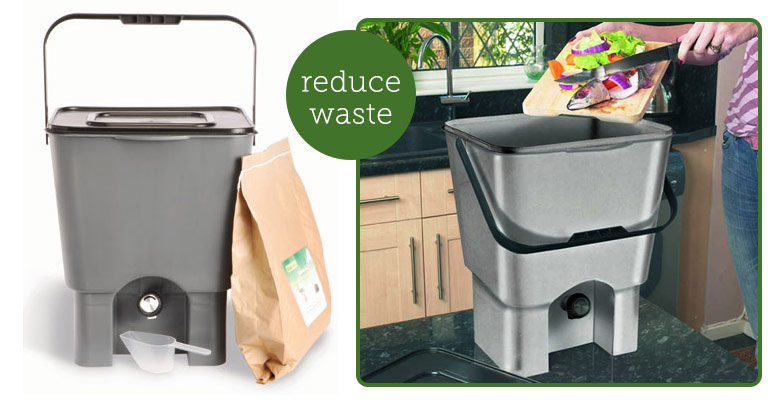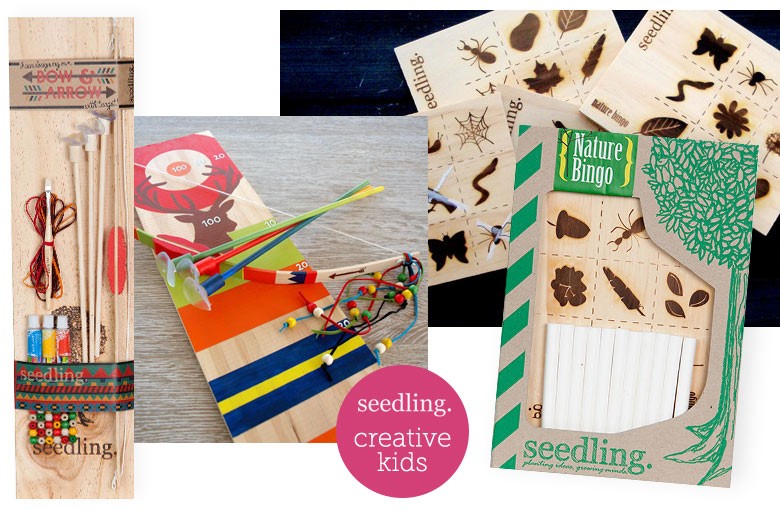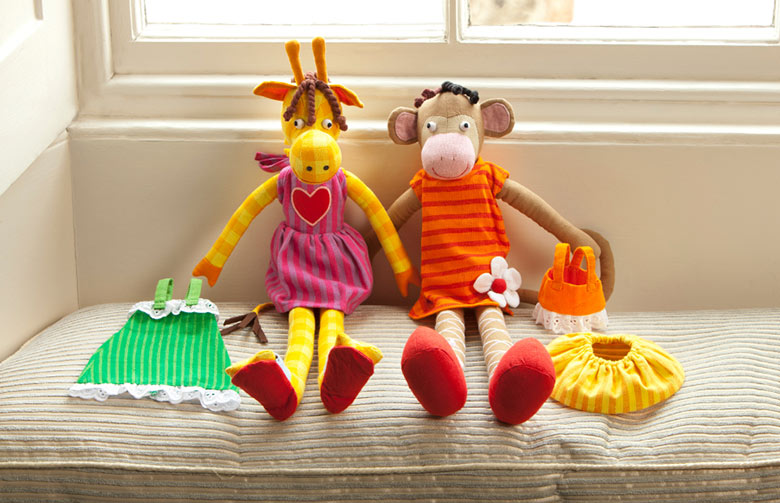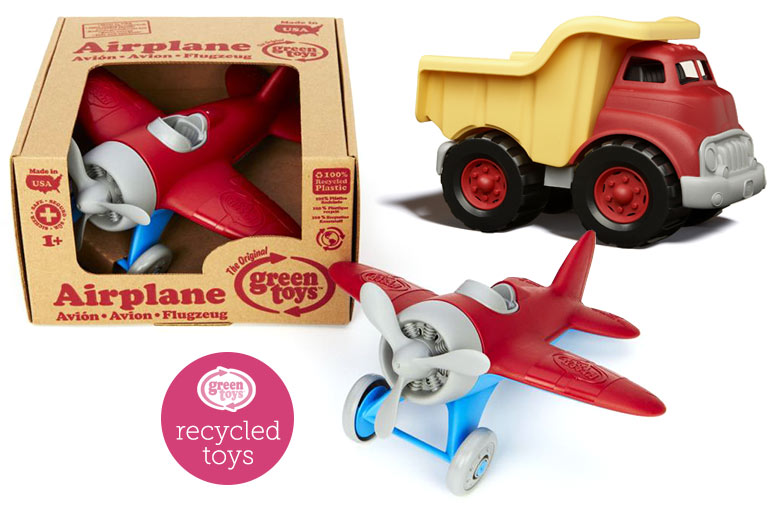Home composting is great for the environment, benefitting your garden and plants with a free source of fresh, natural compost. It’s a great way to cut down on organic waste going into the bin, as everything from eggshells to cardboard can be added. However, you need to know what you can and can’t put in, as well as what will be the best solution for your home or garden.
Did you know you shouldn’t put bread, dairy products or olive oil into a regular composting bin? Oils can upset the moisture balance, and bread or dairy products can attract unwanted insects or bugs to feast on them. Even biodegradable cat litter shouldn’t be added, because of the cross-contamination risk of faeces it may contain or have touched. Eww. The same goes for any meat products or bones, which as well as attracting unwanted bugs can risk spreading disease. But did you know there’s a way that you actually can compost meat and dairy products?
Long used in Japan, bokashi composting can actually deal with some of the foods we can’t put into the normal compost bin, and can actually give you an odourless solution to use right in the kitchen. It’s also a great compact solution for those of us who want to stop food waste going to landfill but don’t have a garden or enough space for a regular compost set-up.
About bokashi composting
In bokashi composting, kitchen scraps (including meat and dairy products banned from normal aerobic systems) are mixed with some of the special bran, pressed into the bokashi bin, covered with another handful of bran, and covered. When the bucket is full, it is shut and left for around 2 weeks. Every other day you empty off the ‘leachate’ which is actually a nutritious liquid fertiliser.
Bokashi is a Japanese term meaning ‘fermented organic matter’. It is often referred to as composting but it’s actually an anaerobic fermentation process or a type of pickling, resulting in a different end product than that produced via regular composting.
Many people like bokashi because it’s very easy, and generally free from smell. All that is needed is a bucket with lid, some special bokashi mix, and of course your food/organic waste. The product you get out of the bokashi bin then sits for a couple of weeks to ‘age’ to become suitable for your plants. Our bokashi bins also have a tap that gives you handy liquid fertiliser that can be diluted and used for your plants – this liquid is also perfect for clearing drains to prevent smells and clogs! Use the liquid within 24 hours of draining.

The special bokashi ‘bran’ mix
Bokashi mix usually consists of a bran with a special mixture of microbes or ‘friendly micro-organisms’. The bokashi process is pretty simple – once a day just add your kitchen waste (including meat and dairy products) with a handful or so of bokashi bran (enough to coat it lightly) then press everything down into the bin, sprinkle over another handful of bran, and close the lid. (A plate left over the pile can help seal it against the air left in the bucket.)
Bokashi product is sometimes referred to as ‘pre-compost’. When the fermented waste is ready from your bokashi bin, it’s not quite ready for using on your plants – it’s too acidic – but can be dug into the garden away from plant roots for a couple of weeks to break down. Some people add bokashi pre-compost to the regular compost bin to help things along.
It’s ideal to have at least 2 bokashi bins because you can be adding to one while the other sits and breaks down the waste.
A compact kitchen option is our clever bokashi compost bin – single and twin pack – which enables you to compost right there in your kitchen, without worrying about any smell! It’s simply topped up with more bokashi bran as and when you need it.
Some tips:
- If you can eat it, it can go in the bokashi!
- Don’t add too much liquid, as this will slow the process. Moist foods will produce liquid anyway.
- You can’t add too much bran, but you can add too little. If it smells bad, you need to add more.
- Smaller whole items such as grapes or small tomatoes should be punctured or chopped to provide the microbes a way to get inside and get to work.
- Always press everything down to remove the air inside.
- Large bones won’t disappear in 2 weeks – directions recommend cutting up small bones and even chopping other items into small pieces for maximum effect.
- When the bucket is full, seal it tightly and wait at least 2 weeks – don’t open it.
What to do with the resulting ‘pre-compost’:
- Dig a hole about 12-18 inches deep in your garden or back yard away from plants or buildings, and add the finished contents of your bokashi bin.
- Cover the hole with soil – about 8 inches of soil on top to stop animals from potentially digging it up.
- Wait 2-4 weeks, and dig up the finished product for use in your garden, give to a friend, or plant your plants in that location.
- Rinse the bokashi bin and start the whole process over again!
Find out more about the bokashi process:
Give it a go – let us know how you get on and how your beautiful garden grows with all of that nutritious compost.

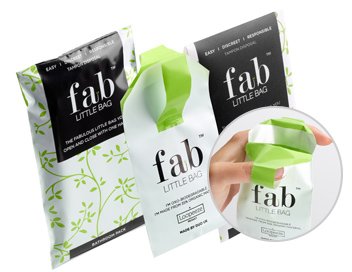
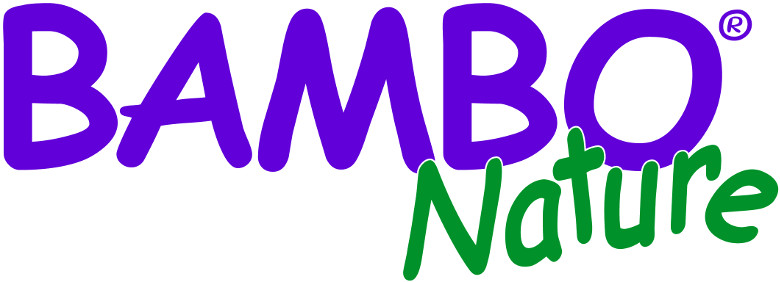
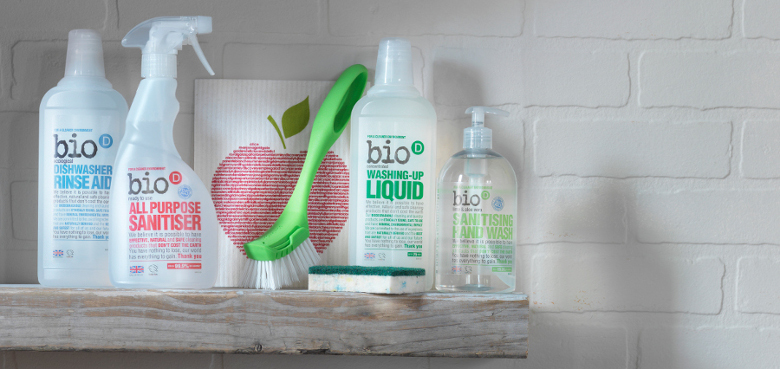
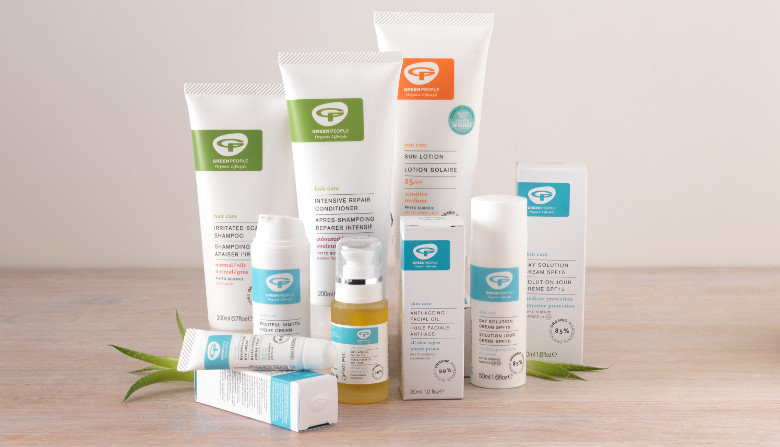
 I’ve been using
I’ve been using 